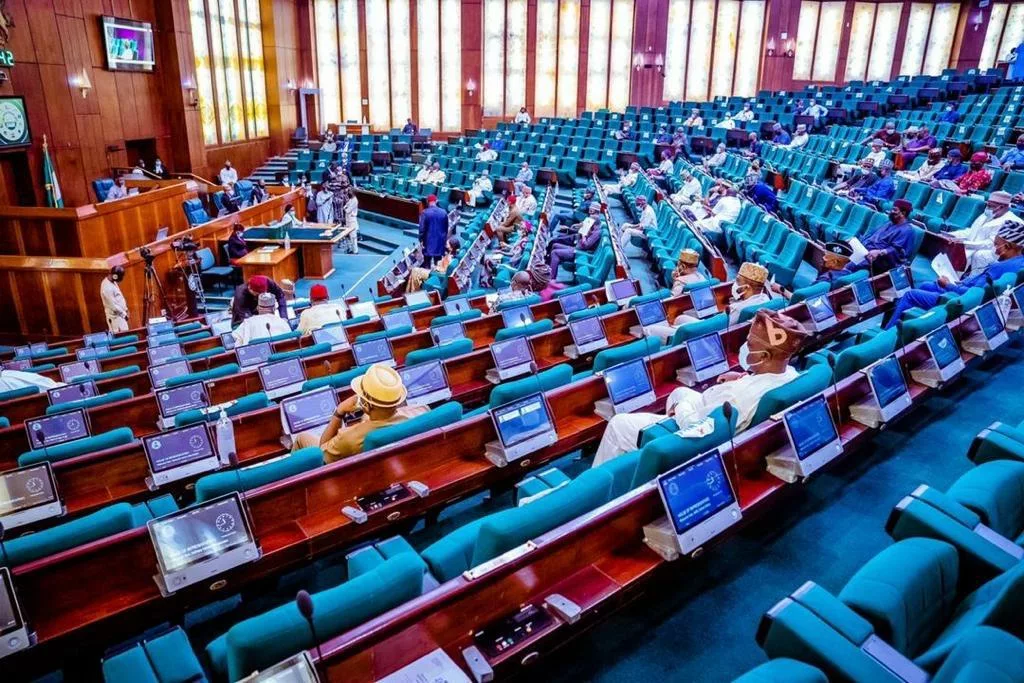The House of Representatives has urged the Federal Government to grant tax incentives to Nigerian Companies to enable them invest in public schools and hospitals infrastructural development.
The House said this could be done in a manner similar to Road Infrastructure Tax Credit (RITC) Scheme which can mitigate the fiscal responsibility of government and increase its revenue.
The decision was sequel to the adoption of a motion of urgent public importance moved by Hon.
Nnolim Nnaji (PDP, Enugu) and eight others at plenary on Thursday.
Moving the motion, Nnaji said, the burden of bridging the infrastructure gap is too heavy for the Federal Government to bear alone due to the global economic challenges.
The lawmaker said with the trend, public schools and hospitals are at the verge of collapse due to poor infrastructural funding and development.
He said provision of good schools and hospitals are the bedrock of societal development and economic growth, leading to reduction in unemployment, social vices, moral decadence, drug abuse, youth restiveness, mortality rate, spread of diseases and unhealthy environment.
Nnaji expressed worry that the current economic instability is impeding on government’s intervention or adequate funding of our public schools and hospitals, which is cancerous to societal development and may be the fundamental causes of insecurity.
He said it behooves on government to replicate similar tax waivers and incentives granted to those companies engaged in RITC (road infrastructure) to more private companies for partnership in bridging the infrastructural gap in public schools and hospitals.
“Cognisant that when the private companies embark on such infrastructural development of public schools and hospitals, it will boost their corporate image, especially in economically disadvantaged areas and will possibly reduce corporate income tax payable in a year of assessment where it has unutilized tax credit.
“Encouraged that tax incentives for the aforementioned companies are appreciated by employers and employees, particularly in reducing costs and the bureaucratic bottlenecks associated with government procurement processes and thereby create enabling environment for ease of doing business,” he said.
On adoption of the motion, the House urged the various ministers of finance, education and health, with FIRS, to activate the bureaucratic processes for the successful implementation of this tax incentives by outlining measures and rules of engagement with stakeholders input and thriving mode of operation.
It mandated the House Committees on finance, education, healthcare services, health institutions and legislative compliance to ensure compliance and report back to the House within three weeks for further legislative actions.





